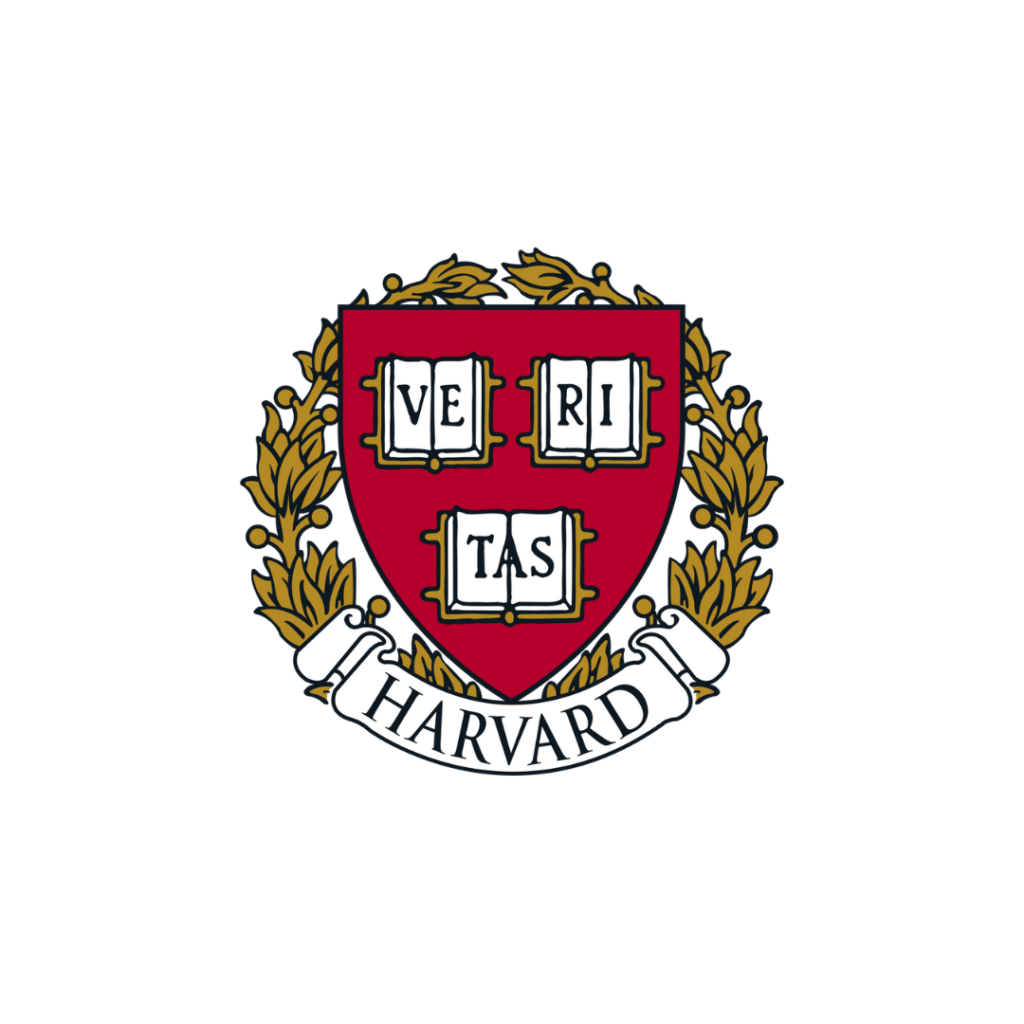Hanover, New Hampshire
Dartmouth College, nestled in the picturesque town of Hanover, New Hampshire, is celebrated for its commitment to academic excellence, rich traditions, and a vibrant campus life that fosters both intellectual and personal growth.
Dartmouth offers a comprehensive liberal arts education through its 40 academic departments and interdisciplinary programs, encompassing 60 majors across the humanities, social sciences, natural sciences, and engineering. The college encourages students to design specialized concentrations or engage in dual-degree programs, promoting a well-rounded and flexible academic experience.
Founded in 1769 with a mission to educate Native American students, Dartmouth has a longstanding dedication to inclusivity. In 1970, the college reaffirmed this commitment by establishing one of the first Native American programs in the country. Today, approximately 200 Indigenous students, representing over 70 different tribal nations and communities, attend Dartmouth, reflecting its ongoing dedication to diversity and inclusion.
Dartmouth’s campus life is enriched by a variety of traditions that foster community and school spirit:
First-Year Trips: Established in 1935, this pre-orientation program involves incoming students in outdoor activities such as hiking, kayaking, and rock climbing, culminating in a night at the Moosilauke Ravine Lodge. This tradition introduces new students to Dartmouth’s culture and traditions.
Winter Carnival: Originating in 1911, this annual event celebrates winter sports and includes ski competitions, ice sculpture contests, and various festivities, reinforcing Dartmouth’s reputation for embracing winter activities.
Dartmouth Pow-Wow: Since 1973, this two-day spring celebration, organized by the student group Native Americans at Dartmouth, features traditional dancing, crafts, music, and art, drawing approximately 1,500 attendees each year.
Dartmouth is committed to making education accessible to all qualified students, regardless of financial background. The college offers a generous financial aid program that meets 100% of demonstrated need without loans, ensuring that students can focus on their studies without financial concerns.
Beyond academics, Dartmouth offers a vibrant campus life with over 200 student organizations, including cultural groups, honor societies, performing arts ensembles, and recreational clubs. The college’s Greek system, dating back to the 1840s, remains a significant aspect of student life, with approximately 70% of eligible students participating in fraternities and sororities.
Dartmouth’s commitment to fostering a close-knit community, combined with its rigorous academic programs and rich traditions, provides students with a unique and fulfilling college experience.
Dartmouth College offers a diverse array of academic programs, fostering a rich environment for students to pursue their passions and career aspirations.

Dartmouth College
Offers over 60 majors across humanities, sciences, and social sciences.

Tuck School of Business
Known for its prestigious MBA program, Tuck offers an immersive, hands-on business education.

Geisel School of Medicine
Provides top-tier medical education through its MD and PhD programs, alongside leading research in various medical fields.

Thayer School of Engineering
Offers undergraduate and graduate engineering programs with opportunities in biomedical and environmental engineering research.

Dartmouth’s Graduate School of Arts and Sciences
Offers diverse graduate programs in humanities, social sciences, and sciences, with strong academic and research opportunities.
These schools offer dual-degree programs, enabling students to combine disciplines and tailor their education to their career goals. Whether interested in STEM, humanities, or business, Dartmouth’s academic offerings provide a comprehensive and flexible education to suit diverse interests.
Dartmouth College employs a selective admissions process to identify students who will excel both academically and personally. Here’s a concise overview of the application process:
Application Fee: $85 (fee waivers available)
Dartmouth offers a diverse range of academic disciplines, but some programs stand out for their exceptional reputation and demand. Below are six of the most popular subjects that attract students from around the globe:
Interdisciplinary curriculum at Thayer School.
Focus on sustainability and environmental policy.
Study of the nervous system and behavior.
Interdisciplinary approach to global health issues.
Combines technology, art, and creativity.
Learn from top legal experts at the Tuck School of Business

Since 2014, Essai has worked with hundreds of students with its end-to-end intensive counselling program.
In that time, our students have earned:
Dartmouth College seeks applicants who demonstrate exceptional academic performance, strong leadership in extracurricular activities, and a commitment to community engagement. The admissions process is highly selective, with the Class of 2023 admitting 6.2% of applicants.

Dartmouth College offers a unique student experience with over 200 organizations, including academic groups, cultural clubs, and performing arts. The residential system features six house communities, promoting close bonds among students.
The Dartmouth Outing Club encourages outdoor activities, with numerous trips and cabins for students to explore the region’s natural beauty.
Campus events, like the Dartmouth Pow-Wow, celebrate cultural traditions and foster community.
Athletics play a central role, with 33 Ivy League varsity teams and high student participation in sports, reflecting strong school spirit.
Dartmouth College’s alumni have made significant contributions across various fields, exemplifying leadership and innovation.

Political Leaders
Dartmouth produced influential figures like Nelson A. Rockefeller, former U.S. Vice President and Governor of New York.

Tech Innovators
Fred Rogers, creator of "Mister Rogers' Neighborhood," revolutionized children's television.

Nobel Laureates
Dartmouth boasts Nobel winners like K. Barry Sharpless in Chemistry.

Entrepreneurs and CEOs
Graduates have founded or led influential companies, including Henry Paulson, former CEO of Goldman Sachs and U.S. Secretary of the Treasury.

Scientific Breakthroughs
Dartmouth research has led to medical advances and innovations, such as the development of the first artificial heart valve.

Social Reformers
Faculty and alumni have been central to social movements, shaping policies that address inequality, climate change, and human rights worldwide.
Applying to Dartmouth College requires careful preparation and attention to specific requirements. Here’s how you can enhance your application:
Dartmouth seeks students who have demonstrated academic excellence. Aim for a high GPA, ideally around 4.0, and enroll in challenging courses like AP or IB to showcase your readiness for Dartmouth’s rigorous academic environment.
While Dartmouth is test-optional, submitting high scores can strengthen your application. Successful applicants typically have SAT scores ranging from 1500 to 1570, or ACT scores between 33 and 35.
Dartmouth values students with leadership experience and a deep commitment to extracurricular activities. Focus on quality over quantity and demonstrate your impact in areas such as research, the arts, athletics, or community service.
Dartmouth requires two letters of recommendation from teachers who can provide insight into your academic abilities, personal qualities, and character. Choose recommenders who know you well and can highlight your growth and potential.
The personal essay is your opportunity to share your story. Dartmouth seeks authentic, reflective essays that highlight your personal journey, values, and how you will contribute to the Dartmouth community. Be genuine and focus on what makes you unique.
Dartmouth looks for students who will thrive in its collaborative, close-knit community. Research Dartmouth’s distinctive programs, like the Dartmouth College Writing Program, the First-Year Summer Research Project, or the wide range of outdoor adventure activities through the Dartmouth Outing Club, and show how your interests align with the college’s values and opportunities.
By preparing strategically and presenting a strong, authentic application, you can enhance your chances of being accepted into Dartmouth College.
Dartmouth College values a distinct set of traits that align with its strong community ethos and commitment to intellectual and personal growth. These characteristics set Dartmouth apart and define what it looks for in students.
Dartmouth values students who are not only academically capable but also intellectually curious and open-minded. Applicants who show a willingness to explore new perspectives, dive deep into complex topics, and embrace diverse fields of study are highly regarded. The college encourages students to ask bold questions and pursue a broad range of academic interests.
While leadership is important, Dartmouth particularly values those who contribute meaningfully to the college's tight-knit community. Students who demonstrate a strong sense of social responsibility and are motivated by a collective good are highly sought after. Dartmouth believes that collaborative efforts, rather than individual accomplishments, create lasting impact.
Dartmouth thrives on students who exhibit adaptability—those who approach new environments and challenges with enthusiasm and resilience. The college encourages an adventurous spirit, both inside and outside the classroom, through opportunities like its renowned Outing Club, which invites students to engage with the outdoors in creative ways.
Rather than focusing solely on titles or accolades, Dartmouth values leadership demonstrated through service. Leadership at Dartmouth isn’t about recognition, but about using one’s skills and influence to uplift others. Whether through community service or peer mentorship, Dartmouth seeks students who lead with humility and a sense of duty.
Dartmouth values students who actively seek personal growth through outdoor activities. The college is known for its deep connection to nature, and the Dartmouth Outing Club offers students the opportunity to explore outdoor adventures that build resilience and foster a sense of belonging.
Dartmouth values students who are socially conscious and understand the broader impact of their actions. The college encourages students to think critically about global issues, including sustainability, human rights, and social justice. Dartmouth fosters a learning environment that supports students in becoming ethical leaders who are prepared to address the world’s most pressing challenges.
Dartmouth seeks more than just academically accomplished students; they are looking for individuals with integrity, empathy, and a sense of purpose. By embodying these qualities and highlighting them through your personal experiences and contributions, you can present a strong case for why you would be a meaningful addition to the Dartmouth community.
Join Dartmouth’s close-knit community, where academic excellence meets a commitment to personal growth and global engagement.






















Dartmouth’s acceptance rate is approximately 7.2%, making it highly selective.
Yes, Dartmouth offers an Early Decision application option with a binding commitment.
The average SAT score is around 1500, and the ACT score is typically between 33 and 35.
Yes, Dartmouth has adopted a test-optional policy for applicants.
Dartmouth has a 6:1 student-to-faculty ratio, allowing for small class sizes and personalized attention.
Dartmouth has approximately 4,400 undergraduate students.
Yes, Dartmouth offers need-based financial aid, meeting 100% of demonstrated need.
Dartmouth values a close-knit, collaborative community with a strong emphasis on leadership and service.
Yes, Dartmouth is known for its outdoor activities, especially through the Dartmouth Outing Club, which offers hiking, skiing, and other adventures.
Dartmouth offers extensive research opportunities, particularly in the sciences, humanities, and social sciences, supported by faculty mentorship and resources.

